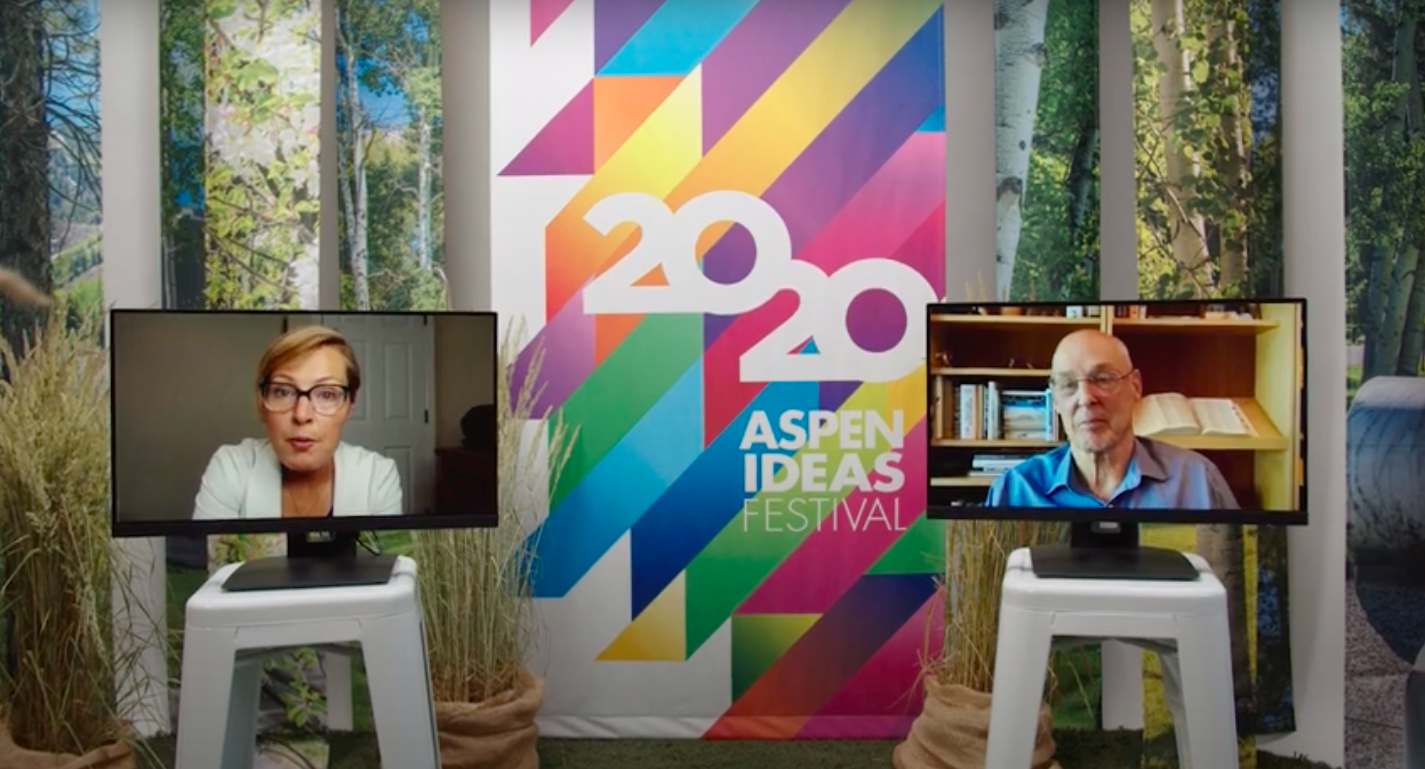Hank Paulson, Chairman of the Paulson Institute, told a virtual audience at the Aspen Ideas Festival today that barring a second wave of COVID-19, he was optimistic that many of the jobs lost due to the pandemic will come back before the end of the year.
“The American people…are less traumatized than some might have feared and there seems to be a greater willingness to go back to work,” he said.
Interviewed by Gillian Tett of the Financial Times, Paulson said that the US economic recovery will be determined to a large extent by the country’s ability to control the disease.
Paulson, who served as US Treasury Secretary from 2006 to 2009 in the Bush Administration, credited current policymakers for the fiscal and monetary response taken so far.
To date, the Fed has expanded its balance sheet by nearly $3 trillion to stem the crisis. In March, Congress passed the CARES Act along with three other pieces of emergency legislation totaling $2.2 trillion. This amount was three times larger than the largest discretionary fiscal stimulus prior to the crisis.
“The world has never seen anything like this,” Paulson said. “I give big plaudits to Congress, [Steven] Mnuchin, and the Fed.”
Before taking further fiscal action, Paulson recommended that policymakers take time to “digest” the programs to date. However, he expects full recovery to be a multi-year effort requiring further action to replace revenue lost by state and local governments and that more targeted relief will be needed for “the most vulnerable part of our population.”
He also said that additional action will be needed to facilitate people getting back to work, including fixing the adverse incentives in the unemployment system.
Additional pandemic spending should be manageable as long as the Fed keeps interest rates low for a number of years, according to Paulson.
“This stimulus is not part of the structural deficit. It is highly necessary to get people working and paying taxes…but if we don’t solve the structural problem, it will cripple our prosperity for years to come,” he said.
Paulson says policymakers should prioritize building a greener economy in their recovery efforts.
“Climate change poses the most certain, predictable, significant risk on a global basis to economic security, national security, political stability,” he said. “The pandemic has given people a glimpse of what a cleaner environment could look like…If we revert to old practices and policies, it’s going to be worse.”
Part of the solution, he says, will be to upgrade our global governance structures.
“We can’t have an effective economic recovery unless we have some global rules that work for trade, investment, IP, tech standards, and more. We also need multilateral banks that can deal with some of the nations that are suffering humanitarian disasters.”
Paulson says that he hopes the pandemic will be the impetus that pushes policymakers to do the things that need to be done.



